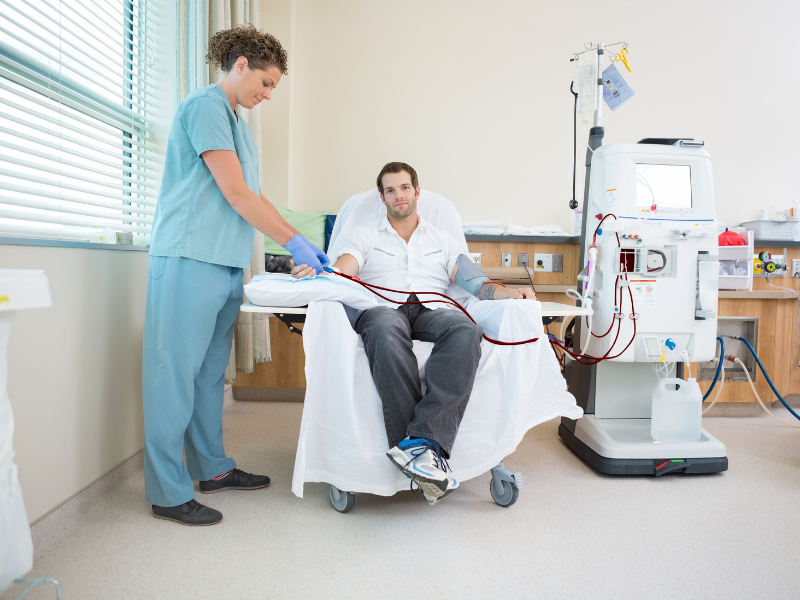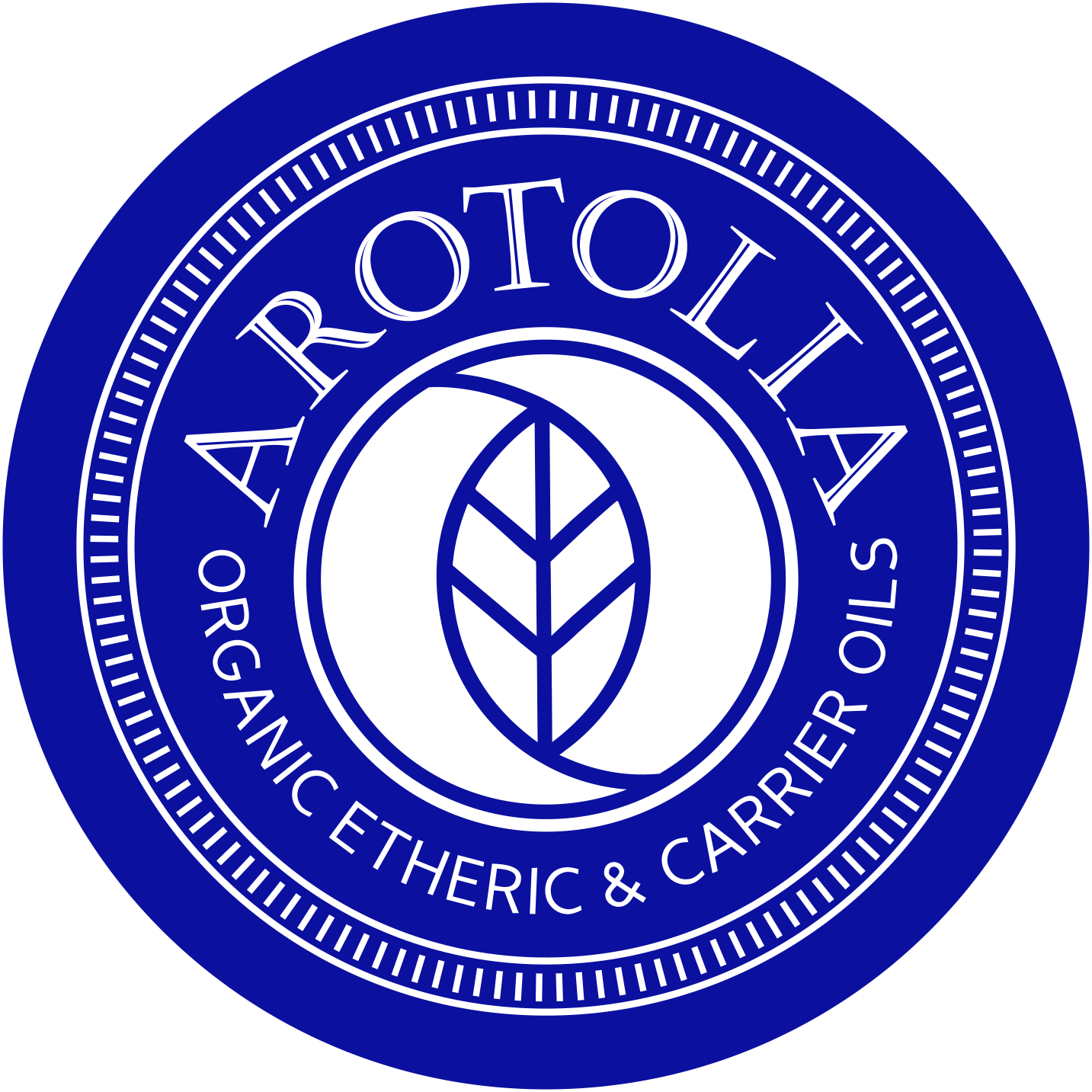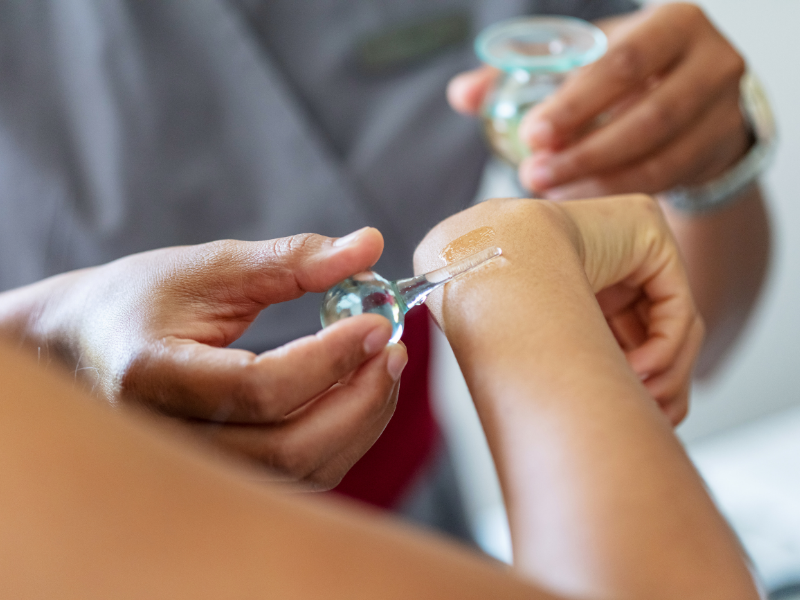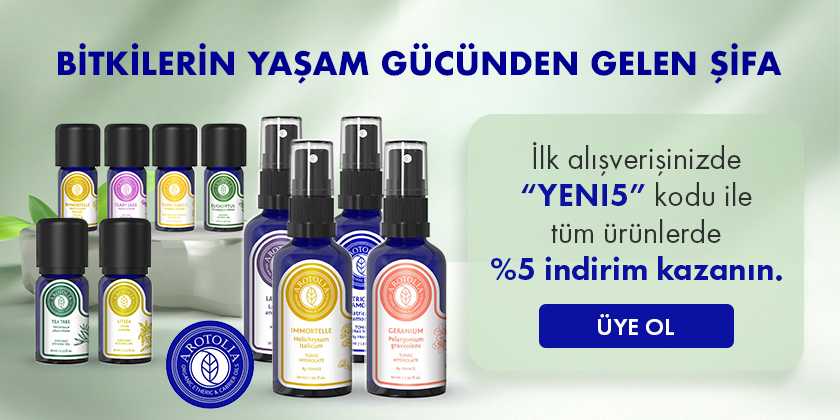
Dialysis-Related Itching And Aromatherapy
The kidney is a critical organ that is of great vital importance and when damaged, it causes various problems in many other organs and systems. One of the symptoms of these problems is skin and mucosal disorders, but since this condition occurs at a very late stage, it has little diagnostic value. Despite this, the disorders it causes seriously reduce the quality of life of patients.
Uremic pruritus is the most common dermatological disorder in patients with renal failure. Uremic pruritus brings with it many different problems such as chronic fatigue, social isolation, insomnia and decreased self-esteem. Both its etiology (causes and source) and pathogenesis (mechanism and development) are still not fully known. Therefore, there is no definitive treatment method in pharmacology. This uncertainty has increased the tendency towards various non-pharmacological methods. Aromatherapy is the most important of these methods. Aromatherapy is an alternative approach that utilizes the healing effects of essential oils obtained from aromatic plants. Aromatherapy has various application methods such as inhalation (breathing) and topical (massage).
A study conducted at Gümüşhane University examined the effects of aromatherapy applied topically on hemodialysis patients experiencing uremic pruritus. According to this study, kidney failure has become a global problem with increasing prevalence in recent years. The severity of itching in hemodialysis patients varies considerably from patient to patient. The severity of itching may be unbearable and may not respond to treatments, or it may be temporary. Uremic pruritus is most intense during and immediately after hemodialysis. ''Before dialysis was used to treat kidney failure, the prevalence of uremic pruritus was 15-49%, while today it has increased to 20-90%.'' According to the study, it is still not understood whether this increase is due to the use of dialysis treatment or a natural result of kidney failure in patients whose life expectancy increases with dialysis. It is recommended to apply pharmacological and non-pharmacological methods together for the effective treatment of uremic pruritus. Aromatherapy, one of the non-pharmacological methods, promises to control the symptoms, not cure. The effects of aromatherapy on different symptoms have been shown many times in the current literature. There are many studies indicating its beneficial effects in many cases of dermatological diseases, especially psoriasis, eczema, hair loss, and burns. The competence of nurses is very important in the application of complementary therapies used in the management of uremic itch. Because if the right interventions are not made at the right time for chronic itch, the patient may suffer psychological, physical and social harm. The summary of the protocols of some studies using aromatherapy in the management of uremic itch is as follows:
-
(Ro et al) Participants: 29 hemodialysis patients complaining of pruritus Experimental group (group receiving aromatherapy): Aromatherapy massage using lavender and tea tree oil was applied 3 times a week for one month. Result: Itching scores of patients in the experimental group were significantly reduced compared to patients in the control group (group not receiving aromatherapy).
-
(Shahgholian et al) Participants: 24 hemodialysis patients complaining of pruritus Experimental group (group receiving aromatherapy): Aromatherapy massage using lavender, peppermint and tea tree oil was applied for 2 weeks. Result: Itching scores of patients in the experimental group decreased significantly compared to patients in the control group (group not receiving aromatherapy).
-
(Anderson et al) Participants: Children with eczema Experimental group (group receiving aromatherapy): Aromatherapy massage using lavender and tea tree oil was applied. Result: Itching levels of children in the experimental group were significantly reduced compared to children in the control group (group not receiving aromatherapy).
-
(Cürcani) Participants: 40 hemodialysis patients complaining of pruritus Experimental group (group receiving aromatherapy): Aromatherapy massage using lavender and tea tree oil was applied for 6 weeks. Result: Itching scores of patients in the experimental group decreased significantly compared to patients in the control group (group not receiving aromatherapy).
All of these studies and more show that aromatherapy has a positive effect on the quality of life of hemodialysis patients with uremic pruritus by reducing itching levels. Uremic pruritus is a complaint that concerns most patients on hemodialysis and is not dangerous in itself, but it affects the patient's quality of life and needs to be managed. In reports on the subject, researchers believe that the use of aromatherapy for this purpose should be expanded.
SOURCE
Uremic Pruritus and Aromatherapy Application - Gümüşhane University Journal of Health Sciences
Relationship Between Uremic Pruritus and 25 Hydroxy Vitamin D in Hemodialysis Patients - Başkent University Medical Specialization Thesis



